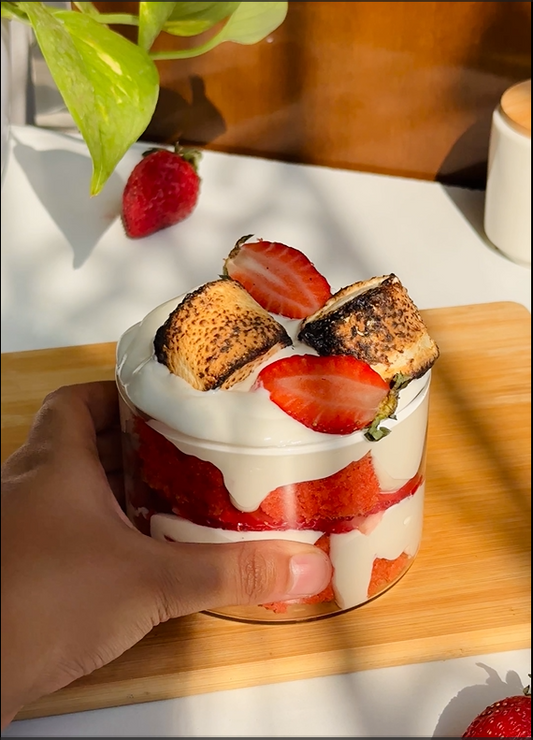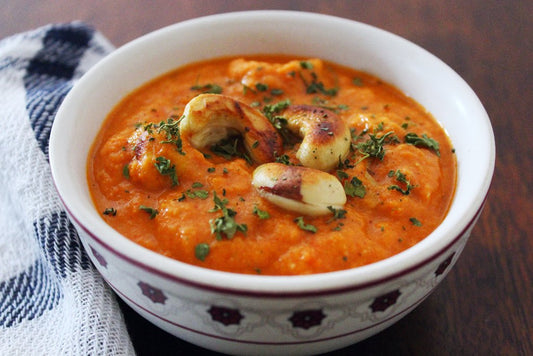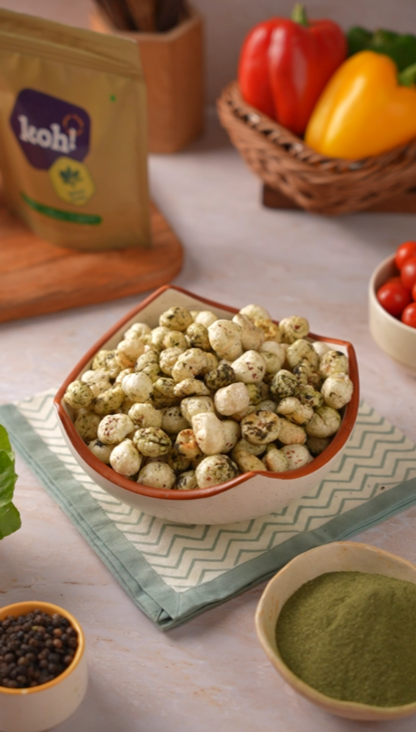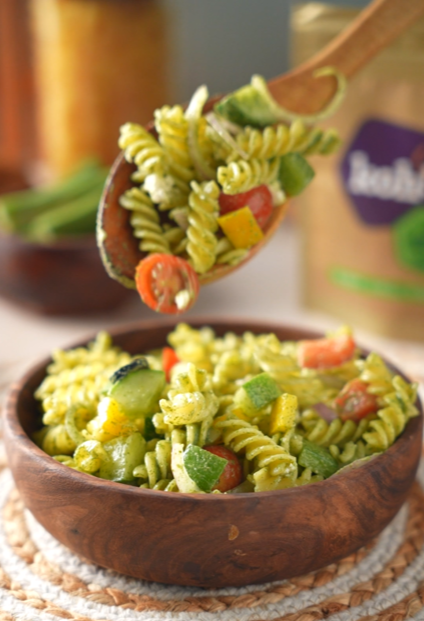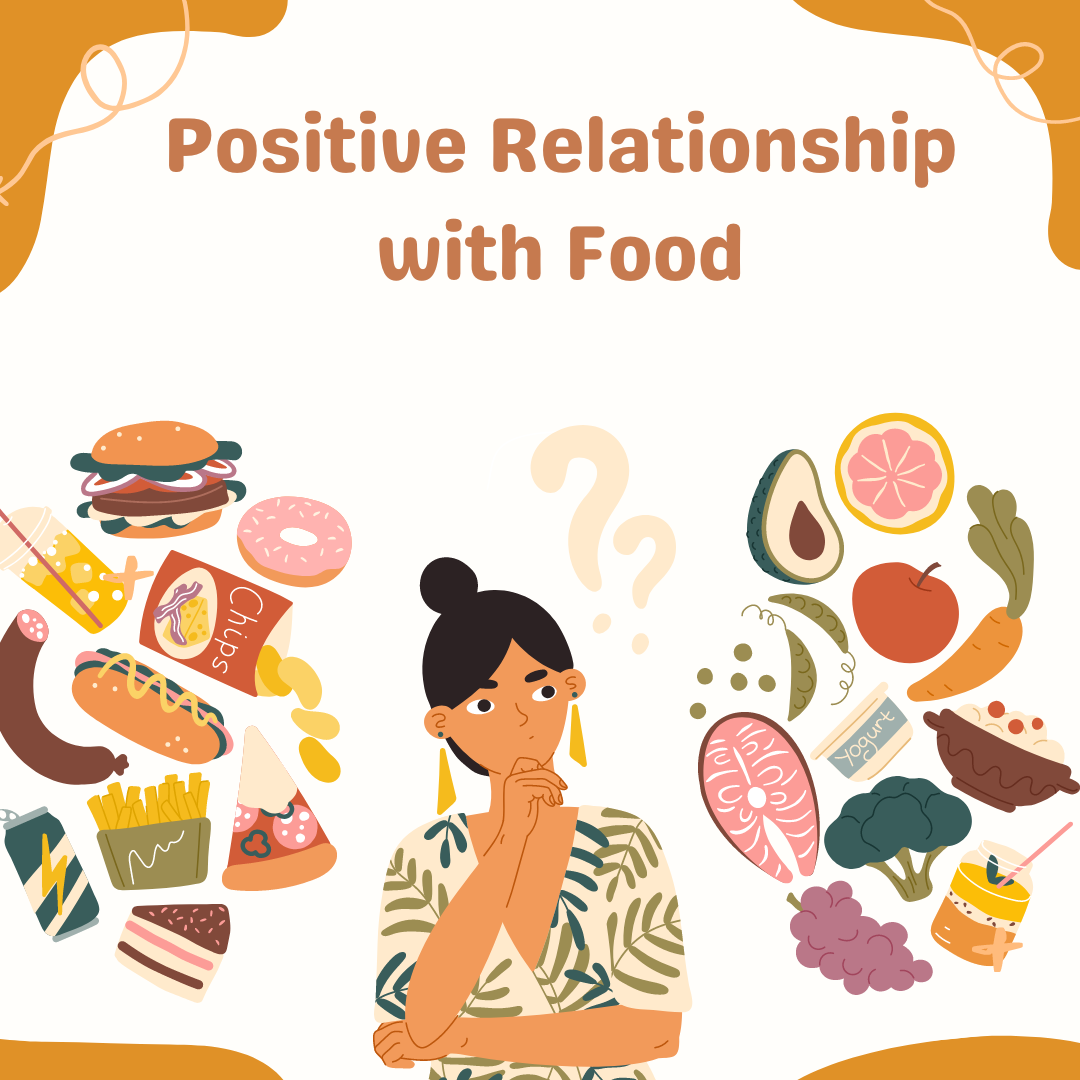
Positive Relationship with Food
 Share
Share
A good life starts from your food life…
We all say we eat to live but deep down all of us have to agree that we all live to eat. It might seem obvious to us but subconsciously our brains are designed to find ways to survive by successfully making it to the next meal. This is the reason that without even thinking about it, our groceries and food take up a huge chunk of the monthly budget but still we are hungry any given time of the day and keep bingeing food vloggers feasting over new cuisines.
What is it that has made our food life so screwed ? Why is it that most of our food choices are based on the special discount coupons restaurants are offering every now and then? Let’s unravel this mystery.
To start with, none of us had proper education on how to take care of our health. Yes, an apple a day keeps the doctor away and yes, you should drink milk everyday for stronger bones and of course, green leafy vegetables are good for eyesight and what not. But, our bodies are different, so are our requirements. But, as a rule of thumb, there are three major factors to look for:
- When to eat
- What to eat
- How and how much to eat
But, we tend to forget that there are hundreds if not thousands of factors affecting our relationship with food.
Why do we eat what we eat?
Take a pen and paper and jot down why it is necessary to allot your attention to your food life. Food might be seen as just the fuel for our body, but it’s much more than that. In Sanskrit, there is a saying:
यथा अन्नं तथा मनः।।
Which goes yatha annam, tatha mannam. It means your food decides your mind’s functioning. Our relationship with food affects our relationship with anything and everything related to us. So, for a good life, take care of your food life.
Let me make it clear that from process to progress, it is a hard and long journey to take. While writing on the paper, we’ll have to confess our existing food life, envision the ideal food life we wish to have and draw out the path connecting the latter from the former. It will take some time in the beginning, but once we have the clarity, it won't occupy much of your mindspace.
When to eat?
Being evolved from animals, we are all designed to be in sync with our circadian rhythm or the biological clock. However, while growing up, we all have been trained to a whole different routine. Some choose to have their last meal before sun sets, some are okay with eating twice a day and some are stuck in the loop of gormandizing every 3 hours. Well, for most people though, two methods have been ideal -
- Creating a proper schedule and sticking to it.
- Eating only when they are hungry (this is not the same as eating when they feel like it!)
It works best for a group of people when they set up a schedule and follow it. When they get accustomed to the schedule, they start feeling hungry around the same time every day. The benefits of this mechanism is that you need not think about when you are going to feel hungry as you transform into a person of routine.
Eating on time also makes it easier for your meal buddies. People who eat with you will find you more predictable and make plans accordingly. For example, if you want to have dinner with your spouse or want to go out for lunch with your colleagues, they will have a clear idea of your schedule and you can have a good meal time together. This
What to eat?
The most common trap people tend to fall for is eating what's trending. They just read about keto diet and fall for it, some start turning vegan and some of them start practicing one meal a day and the best part of all; not knowing whether it is suitable for themselves or not. No, I am not saying that this will work or will not work. All we need to find out is what are our existing food habits that have been ingrained in us over the years.
If we have the time and energy, we can do research on our own and find out what type of nutrition we require on a day-to-day basis by understanding the tasks we do, physical activities we follow and the amount of time we take rest. When deciding what to eat, we must keep in mind that we should not abstain ourselves from our existing food habits; there needs to be a smooth transition.
For example, some of us might be used to eating rice frequently but the moment we think of dieting we might stop eating rice completely. Let’s say we wish to have more fruits in our meals, we can have them included in a diet and slowly we can reduce the rice intake and with the passage of time.
We can make changes by replacing one type of food with another. This is not applicable in all scenarios though. In some cases, you will have to stop eating certain types of foods because they have already started affecting your health. And you probably might have to switch to a completely new and sometimes, unfamiliar food style, if it is the extreme limit.
Also, another important step to take is reaching out to a dietitian/nutritionist. Some of us might think that we can do the research on our own and figure out what works for us and what doesn't because who else can understand our body better than ourselves! But, that is not the scenario for the majority. When doing self research we need to make sure that we are getting information from authentic sources and not falling for what-comes-first-on-google-search.
Because some food habits work perfectly under a specific environment, for a particular body type which might not be the same in your case. So, consulting a food professional would save you a lot of time and energy and once your food chart is ready, you are good to go.
How and how much to eat?
As mentioned earlier, we just need to listen to the body. Our body is very well aware of how much we should eat and as soon as we are about to satiate our appetite, we will naturally be aware to stop. Although, to get the momentum going, we can follow the prescribed quantity till our body gets used to it.
Now comes the most important factor of a good food life. We tend to swallow our food without even chewing it properly and being in a hurry, we don't even realize that we are not using our teeth to its best potential every time we are eating. Commonly followed method is chewing your food 32 times. Every time you put food in your mouth, make sure you bite it 32 times till it’s grinded properly to pass through your food pipe. When you start doing it, it will feel awkward but once you make enough jaw movements, it will be natural for you to chew your food properly, smoothing the whole process of digestion.
Just like every other relationship, our relationship with food too, should be focused on the long term. We always have to focus on how we want to design our life and keep in mind that food has a massive influence on how we are going to live our life. Our relationship with food life might be in autopilot mode and we need to realize that in order to fly high, we will have to tighten our seat belts and take control.


